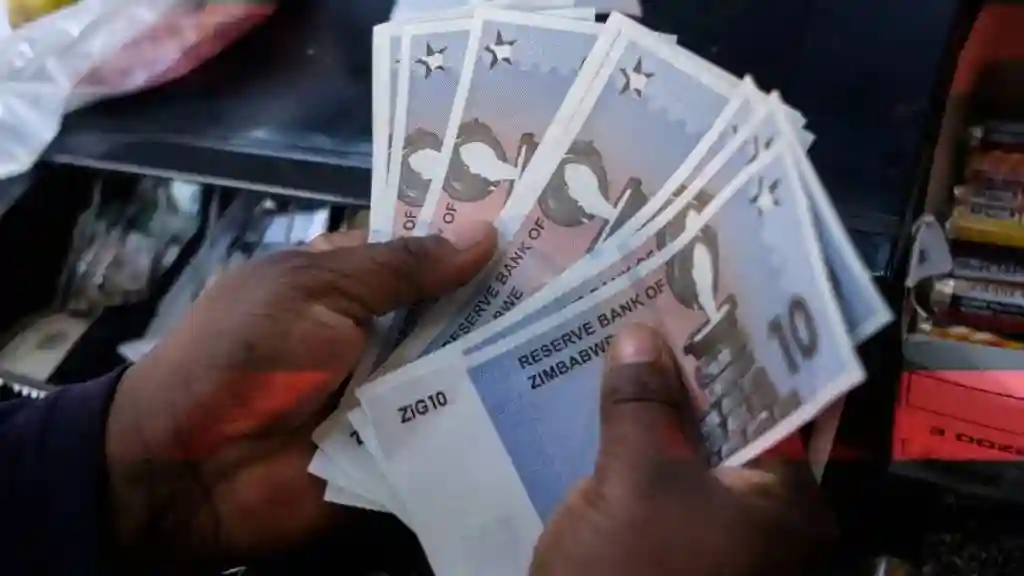The Zimbabwe Teachers Association (ZIMTA), the country’s largest teachers’ union, has called on the government to promptly disburse teachers’ salaries and bonuses for November 2024.
This follows the government’s failure to pay the ZiG component of some teachers’ salaries, as well as 50% of their bonuses for the month, without providing any explanation.
While other civil servants and security service personnel received their salaries and bonuses starting from the 15th, many teachers experienced delays in receiving their payments, with some only receiving partial disbursements.
In a statement, ZIMTA said the government’s failure to pay some teachers their November salaries had caused the affected members financial strain. ZIMTA said:
The omission has caused significant financial hardship and raised serious questions about the fairness, transparency and integrity of the employer’s commitment to honouring contractual obligations.
The ZiG component is a fundamental part of our agreed-upon remuneration package.
Its exclusion from the November 2024 payment constitutes a breach of the terms of employment and breach and an erosion of trust between employees and the employer.
The union has demanded an explanation for the delayed salary payments to teachers and called for genuine dialogue regarding their welfare concerns. It said:
While the omission might be explained in administrative and financial terms, the failure to pay what is rightfully ours feels like a devaluation of our efforts, morale and dignity as educators and public servants.
It signals a lack of recognition of the vital services we render to society.
Over the past two weeks, teachers have expressed discontent over the non-payment of their salaries. However, the Public Service Commission (PSC) has yet to comment on the issue, at least publicly.
The permanent secretary of the Ministry of Finance, George Guvamatanga recently admitted that the government was broke, citing the 43% depreciation of the ZIG, saying this resulted “in a substantial mismatch between revenue inflows, collected in some cases, with a one-month lag and local currency expenditures that immediately adjusted to the new exchange rate, in the process severely constraining fiscal space for the last quarter of 2024.”
More: Pindula News

